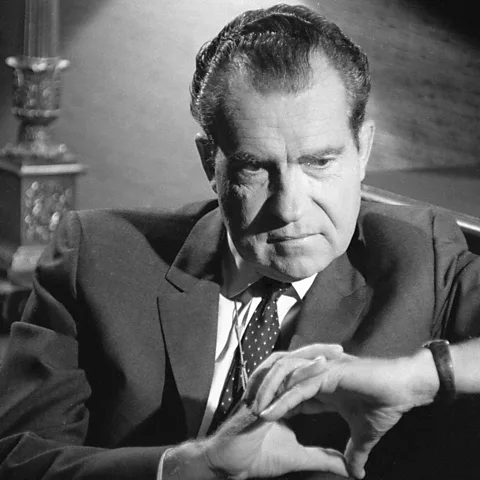From the high-stakes drama of a penalty shootout to the calculated serve in a tennis grand slam, seemingly random actions often hold the key to victory. This isn’t just luck; it’s the application of game theory, a mathematical framework that analyzes strategic interactions.
The Math Behind the Penalty Kick
Penalty shootouts are a nerve-wracking spectacle for players and fans alike. The pressure is immense, and the outcome can hinge on a single kick. But what if there was a way to increase your chances of scoring? Game theory suggests that a “mixed strategy,” which involves deliberately introducing unpredictability, can be the optimal approach.

As Lucy Bronze, whose penalty kick secured England’s victory against Sweden in the Euro 2025 quarter-final, noted, goalkeepers often dive early. By aiming down the middle, Bronze exploited this tendency, highlighting the strategic element of penalty taking.
Why Randomness Works
A predictable penalty taker is easy to exploit. If a goalkeeper knows you always aim right, they’ll dive right. A mixed strategy, where the kicker randomly chooses left, right, or center, keeps the goalkeeper guessing. A 2002 study showed that penalty takers in top European leagues already employ this randomized approach.

Beyond Football: Mixed Strategies in Tennis and More
This principle extends to other sports. In tennis, the serve is a powerful weapon. Should you serve down the middle or out wide? Game theory, again, suggests a mixed strategy.

Research shows that professional tennis players use a near-optimal mixed strategy, randomly switching between serve types, while junior players are more predictable. The element of surprise is a key advantage at the highest levels of competition.
From Hunting to High-Stakes Negotiations
Beyond sports, mixed strategies are found in diverse fields:
- The Naskapi people of Canada have historically used a randomized process involving burnt caribou bones to choose hunting grounds, preventing overhunting and predictability.
- In business negotiations, emotional unpredictability can give one party a significant advantage, leading to greater concessions.
- In politics, “Madman Theory” involves cultivating an image of erratic behavior to manipulate adversaries, a tactic used by Richard Nixon and, arguably, Donald Trump.

Conclusion
Whether you’re an athlete, a businessperson, or a politician, game theory demonstrates the power of unpredictability. While raw talent and skill are crucial, embracing a mixed strategy can significantly increase your chances of success. Sometimes, the most strategic move is to be strategically random.
#GameTheory #Strategy #Randomness

